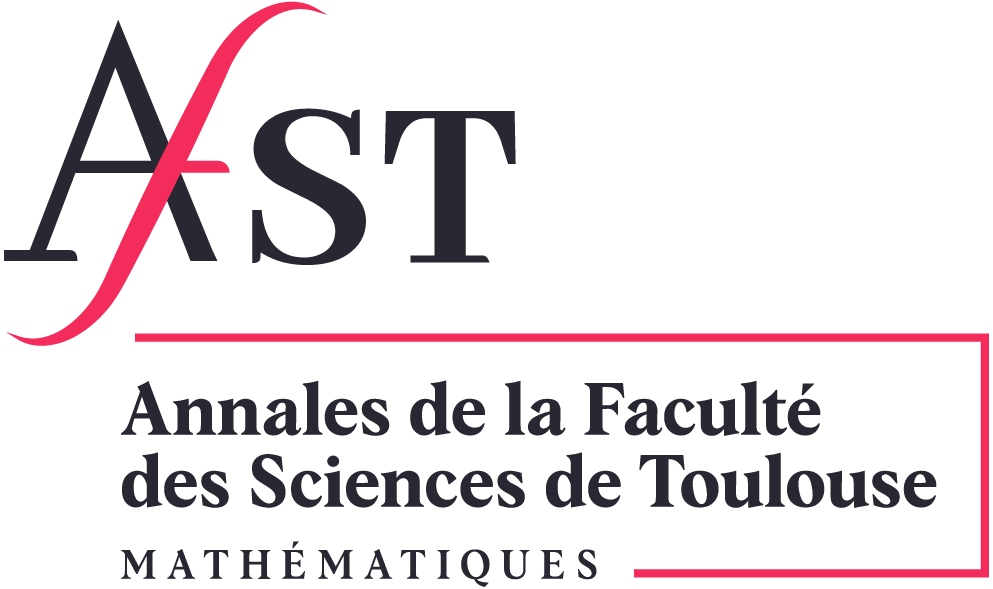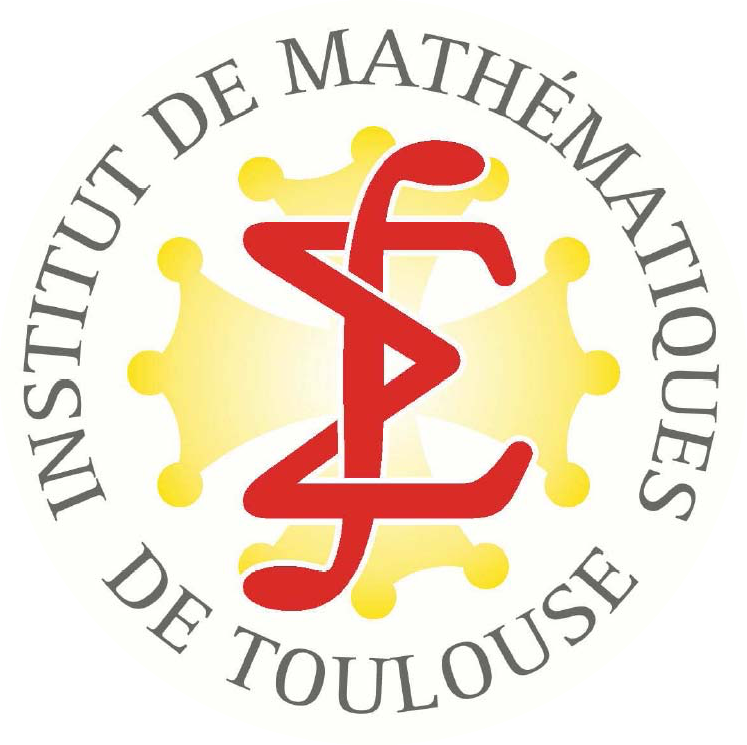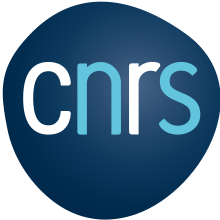We study the class of densely related groups. These are finitely generated (or more generally, compactly generated locally compact) groups satisfying a strong negation of being finitely presented, in the sense that new relations appear at all scales. Here, new relations means relations that do not follow from relations of smaller size. Being densely related is a quasi-isometry invariant among finitely generated groups.
We check that a densely related group has none of its asymptotic cones simply connected. In particular a lacunary hyperbolic group cannot be densely related.
We prove that the Grigorchuk group is densely related. We also show that a finitely generated group that is (infinite locally finite)-by-cyclic and which satisfies a law must be densely related. Given a class of finitely generated groups, we consider the following dichotomy: every group in is either finitely presented or densely related. We show that this holds within the class of nilpotent-by-cyclic groups and the class of metabelian groups. In contrast, this dichotomy is no longer true for the class of -step solvable groups.
On s’intéresse à la classe des groupes densément présentés. Il s’agit des groupes de type fini (ou plus généralement des groupes localement compacts compactement engendrés) dans lesquels de nouvelles relations apparaissent à intervalles réguliers. Une relation est dite nouvelle si elle n’est pas conséquence de relations de longueur plus petites. Pour un groupe de type fini, être densément présenté est un invariant de quasi-isométrie.
On vérifie qu’un groupe densément présenté ne peut pas avoir de cône asymptotique simplement connexe. En particulier un groupe lacunaire hyperbolique n’est jamais densément présenté.
On montre que le groupe de Grigorchuk est densément présenté. On prouve également que tout groupe de type fini (non virtuellement cyclique) qui est (localement fini)-par- et qui satisfait une loi, est densément présenté. Étant donnée une classe de groupes de type fini, on considère l’alternative suivante : tout groupe dans est soit finiment présenté, soit densément présenté. On montre que cette alternative est satisfaite par la classe des groupes nilpotents-par-cyclique et la classe des groupes métabéliens. A contrario, cette dichotomie n’est plus vraie pour les groupes résolubles de classe .
Accepté le :
Publié le :
Yves Cornulier 1 ; Adrien Le Boudec 2
 CC-BY 4.0
CC-BY 4.0
@article{AFST_2019_6_28_4_619_0,
author = {Yves Cornulier and Adrien Le Boudec},
title = {Densely related groups},
journal = {Annales de la Facult\'e des sciences de Toulouse : Math\'ematiques},
pages = {619--653},
year = {2019},
publisher = {Universit\'e Paul Sabatier, Toulouse},
volume = {Ser. 6, 28},
number = {4},
doi = {10.5802/afst.1611},
language = {en},
url = {https://afst.centre-mersenne.org/articles/10.5802/afst.1611/}
}
TY - JOUR AU - Yves Cornulier AU - Adrien Le Boudec TI - Densely related groups JO - Annales de la Faculté des sciences de Toulouse : Mathématiques PY - 2019 SP - 619 EP - 653 VL - 28 IS - 4 PB - Université Paul Sabatier, Toulouse UR - https://afst.centre-mersenne.org/articles/10.5802/afst.1611/ DO - 10.5802/afst.1611 LA - en ID - AFST_2019_6_28_4_619_0 ER -
%0 Journal Article %A Yves Cornulier %A Adrien Le Boudec %T Densely related groups %J Annales de la Faculté des sciences de Toulouse : Mathématiques %D 2019 %P 619-653 %V 28 %N 4 %I Université Paul Sabatier, Toulouse %U https://afst.centre-mersenne.org/articles/10.5802/afst.1611/ %R 10.5802/afst.1611 %G en %F AFST_2019_6_28_4_619_0
Yves Cornulier; Adrien Le Boudec. Densely related groups. Annales de la Faculté des sciences de Toulouse : Mathématiques, Série 6, Tome 28 (2019) no. 4, pp. 619-653. doi: 10.5802/afst.1611
[1] Finiteness conditions on groups and quasi-isometries, J. Pure Appl. Algebra, Volume 95 (1994) no. 2, pp. 121-129 | Zbl | DOI | MR
[2] Endomorphic presentations of branch groups, J. Algebra, Volume 268 (2003) no. 2, pp. 419-443 | Zbl | DOI | MR
[3] Wreath products and finitely presented groups, Math. Z., Volume 75 (1960/1961), pp. 22-28 | DOI | MR
[4] Some finitely generated, infinitely related metabelian groups with trivial multiplicator, J. Algebra, Volume 40 (1976) no. 1, pp. 46-62 | Zbl | DOI | MR
[5] Infinite presentability of groups and condensation, J. Inst. Math. Jussieu, Volume 13 (2014) no. 4, pp. 811-848 | Zbl | DOI | MR
[6] The geometry of the set of characters induced by valuations, J. Reine Angew. Math., Volume 347 (1984), pp. 168-195 | Zbl | MR
[7] Almost finitely presented soluble groups, Comment. Math. Helv., Volume 53 (1978) no. 2, pp. 258-278 | Zbl | DOI | MR
[8] Valuations and finitely presented metabelian groups, Proc. Lond. Math. Soc., Volume 41 (1980) no. 3, pp. 439-464 | Zbl | DOI | MR
[9] Continuously many quasi-isometry classes of -generator groups, Comment. Math. Helv., Volume 73 (1998) no. 2, pp. 232-236 | Zbl | DOI | MR
[10] Speed of random walks, isoperimetry and compression of finitely generated groups (https://arxiv.org/abs/1510.08040)
[11] Finitely presented wreath products and double coset decompositions, Geom. Dedicata, Volume 122 (2006), pp. 89-108 | Zbl | DOI | MR
[12] Metric geometry of locally compact groups, EMS Tracts in Mathematics, 25, European Mathematical Society, 2016 (Winner of the 2016 EMS Monograph Award) | Zbl | MR
[13] Dehn function and asymptotic cones of Abels’ group, J. Topol., Volume 6 (2013) no. 4, pp. 982-1008 | Zbl | DOI | MR
[14] Automorphisms and endomorphisms of lacunary hyperbolic groups (https://arxiv.org/abs/1606.00679) | Zbl | DOI
[15] Quasi-isometry invariants and asymptotic cones, Int. J. Algebra Comput., Volume 12 (2002) no. 1-2, pp. 99-135 | Zbl | DOI | MR
[16] Tree-graded spaces and asymptotic cones of groups, Topology, Volume 44 (2005) no. 5, pp. 959-1058 (With an appendix by Denis Osin and Mark Sapir) | Zbl | DOI | MR
[17] On Burnside’s problem on periodic groups, Funkts. Anal. Prilozh., Volume 14 (1980) no. 1, pp. 53-54 | Zbl | MR
[18] Degrees of growth of finitely generated groups and the theory of invariant means, Izv. Akad. Nauk SSSR, Ser. Mat., Volume 48 (1984) no. 5, pp. 939-985 | Zbl | MR
[19] On the system of defining relations and the Schur multiplier of periodic groups generated by finite automata, Groups St. Andrews 1997 in Bath, I (London Mathematical Society Lecture Note Series), Volume 260, Cambridge University Press, 1999, pp. 290-317 | Zbl | DOI | MR
[20] On use of iterates of endomorphisms for constructing groups with specific properties, Mat. Stud., Volume 8 (1997) no. 2, pp. 198-206 | Zbl | MR
[21] Asymptotic invariants of infinite groups, Geometric group theory, Vol. 2 (Sussex, 1991) (London Mathematical Society Lecture Note Series), Volume 182, Cambridge University Press, 1993, pp. 1-295 | Zbl | MR
[22] Asymptotic cones of HNN-extensions and amalgamated products, Algebr. Geom. Topol., Volume 14 (2014) no. 1, pp. 551-595 | Zbl | DOI | MR
[23] Locally compact lacunary hyperbolic groups, Groups Geom. Dyn., Volume 11 (2017) no. 2, pp. 415-454 | Zbl | DOI | MR
[24] A set of defining relations for the Grigorchuk group, Mat. Zametki, Volume 38 (1985) no. 4, pp. 503-516 | Zbl | MR
[25] Non-Hopfian groups, J. Lond. Math. Soc., Volume 26 (1982) no. 2, pp. 265-270 | Zbl | DOI | MR
[26] Lacunary hyperbolic groups, Geom. Topol., Volume 13 (2009) no. 4, pp. 2051-2140 (With an appendix by Michael Kapovich and Bruce Kleiner) | Zbl | DOI | MR
[27] On the asymptotic cone of groups satisfying a quadratic isoperimetric inequality, J. Differ. Geom., Volume 44 (1996) no. 4, pp. 789-806 | Zbl | DOI | MR
[28] Makanin-Razborov diagrams for hyperbolic groups (preprint)
[29] Endomorphisms of hyperbolic groups I: The Hopf property, Topology, Volume 38 (1999) no. 2, pp. 301-321 | Zbl | DOI | MR
[30] Cayley graphs of finitely generated groups, Proc. Am. Math. Soc., Volume 134 (2006) no. 1, pp. 289-294 | Zbl | DOI | MR
[31] Asymptotic cones of finitely generated groups, Bull. Lond. Math. Soc., Volume 32 (2000) no. 2, pp. 203-208 | Zbl | DOI | MR
Cité par Sources :




